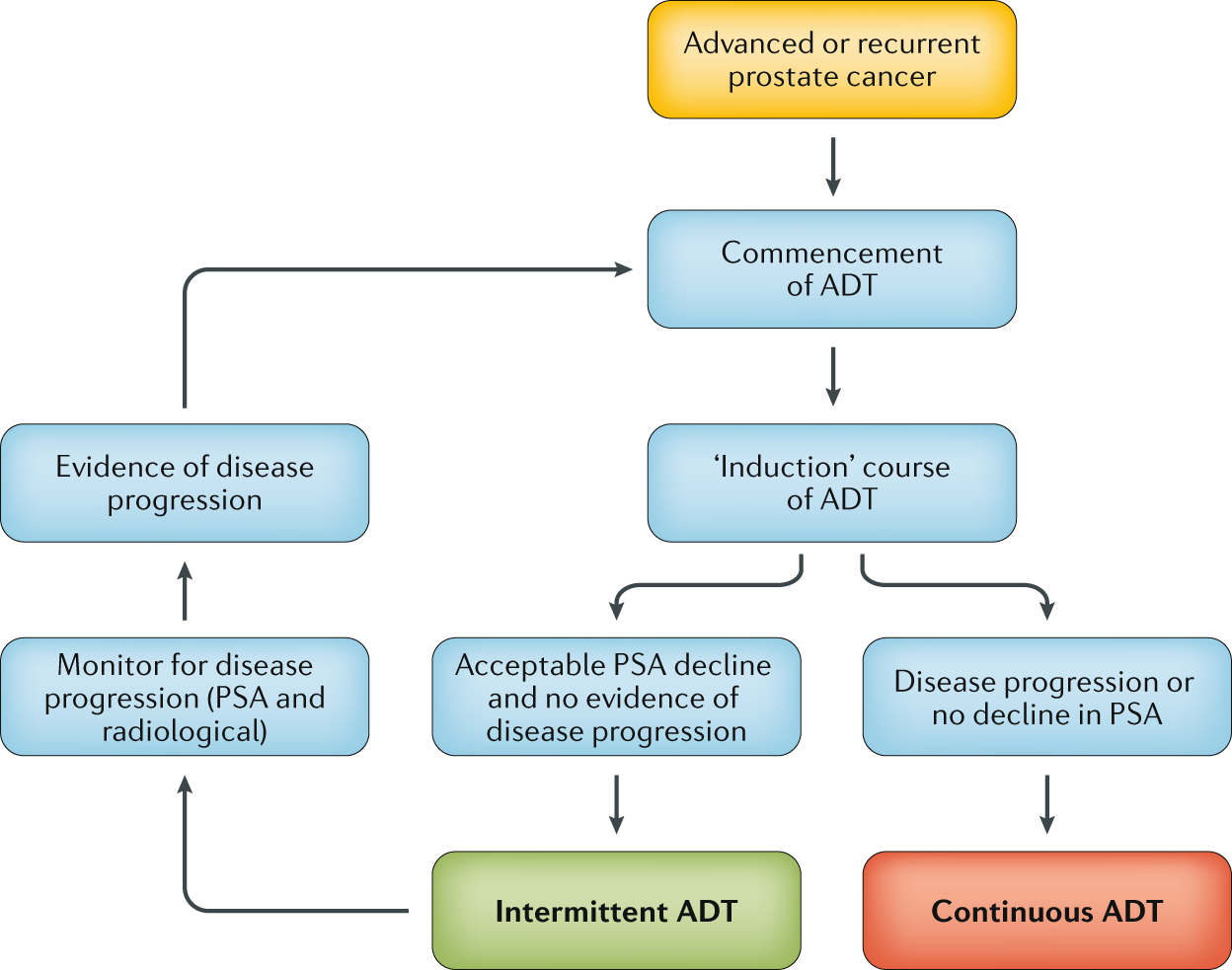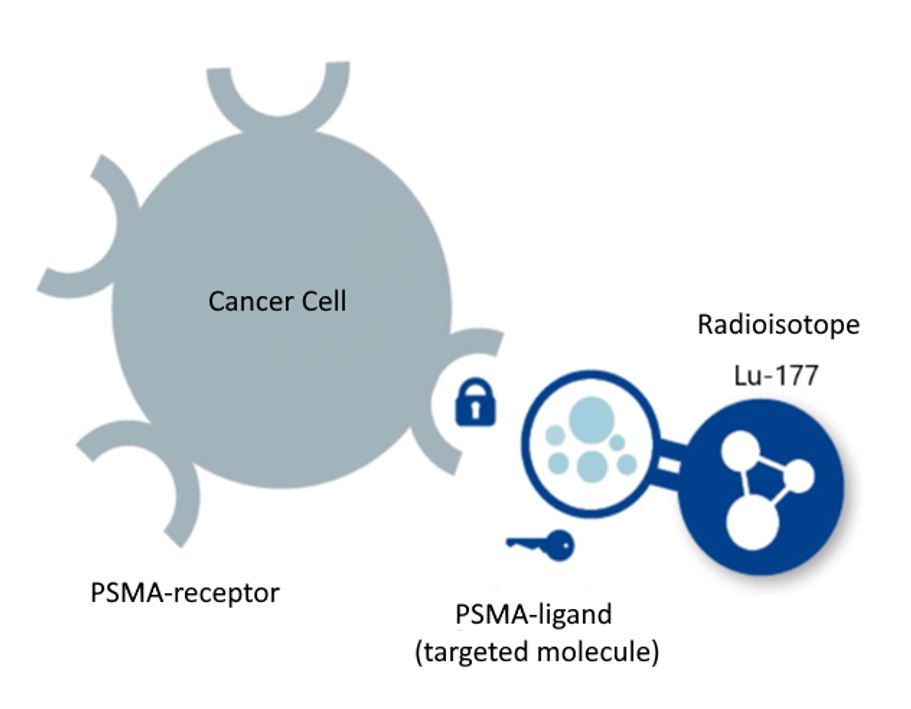The Facts About Best Prostate Cancer Doctor Revealed
Wiki Article
Prostate Cancer Cells Treatment: Surgical and Non-Surgical Approaches Explained
When faced with a prostate cancer cells medical diagnosis, the array of therapy options can seem overwhelming. This comprehensive introduction aims to shed light on the intricacies of prostate cancer cells treatment, providing understandings right into the complexities of each method to encourage individuals in making educated choices concerning their health.Surgical Therapy Alternatives
When considering medical treatment choices for prostate cancer, individuals and healthcare carriers usually consider the risks and advantages connected with various treatments. This procedure is frequently recommended for individuals with local prostate cancer and supplies the capacity for a cure.
An additional surgical choice is robotic-assisted laparoscopic prostatectomy, a minimally intrusive treatment that utilizes a robotic system to aid the specialist in eliminating the prostate. This technique can lead to much less blood loss, much shorter health center remains, and quicker recovery times compared to conventional open surgery. Nonetheless, it also carries the threat of complications such as infection and injury to surrounding body organs.
Ultimately, the option of surgical treatment for prostate cancer depends on various factors including the phase of the cancer cells, the individual's overall health, and their choices relating to prospective side results and recuperation times. Consulting with a multidisciplinary group including urologists, oncologists, and radiation oncologists can aid individuals make educated decisions concerning one of the most suitable surgical strategy for their private instance.

Non-Surgical Therapy Alternatives
Considering options to medical treatments, non-surgical treatment choices for prostate cancer deal patients extra opportunities for managing the disease while decreasing prospective medical threats. One non-surgical strategy is Active Surveillance, where individuals with low-risk prostate cancer are kept track of very closely via regular check-ups, blood examinations, and biopsies, without undertaking prompt therapy. This strategy aims to stay clear of unnecessary therapy and its affiliated side effects, such as incontinence and impotence.An additional non-surgical option is Radiation Therapy, which utilizes high-energy rays to kill cancer cells (Best prostate cancer doctor in Mumbai). This treatment can be delivered on the surface making use of a device (Exterior Light beam Radiation) or inside through little contaminated pellets positioned near the growth (Brachytherapy) Radiation treatment can be made use of as a main therapy or in combination with other therapies, such as hormone treatment
Additionally, Hormone Treatment is a non-surgical strategy that intends to minimize the levels of male hormones (androgens) in the body, as these hormonal agents can fuel the growth of prostate cancer cells. By blocking or reducing androgen degrees, hormonal agent treatment can decrease cancer progression and relieve signs and symptoms in sophisticated cases.
Robotic-Assisted Surgical Procedure for Prostate Cancer

Among the essential benefits of robotic-assisted surgery for prostate cancer cells is its capacity to minimize the threat of problems and negative effects frequently connected with open surgery, such as blood loss, discomfort, infection, and prolonged recuperation times. Individuals undergoing robotic-assisted procedures usually experience much shorter medical facility remains, much less postoperative pain, and much faster return to typical tasks. Furthermore, the minimally intrusive nature of robotic surgery normally causes smaller sized lacerations, leading to improved cosmetic results and reduced scarring for clients. Generally, robotic-assisted surgical treatment stands for an advanced strategy to prostate cancer treatment that incorporates technological advancements with medical experience to optimize individual outcomes.
Radiation Therapy for Prostate Cancer
Utilizing sophisticated radiation modern technology, radiation treatment plays a vital function in the extensive therapy of prostate cancer. Radiation therapy uses high-energy radiation to ruin cancer cells and shrink tumors. It is a typical therapy choice for prostate cancer, either as a key therapy or in combination with surgery, hormone treatment, or chemotherapy.There are two major types of radiation treatment made use of for prostate cancer: exterior light beam radiation therapy (EBRT) and brachytherapy. These seeds release radiation that kills the cancer cells over time.
Radiation therapy for prostate cancer cells is very efficient, with high cure prices, particularly for localized cancer cells. It is likewise an important option for individuals who may not be appropriate candidates for surgical procedure. Like any type of treatment, radiation treatment might have negative effects, such as urinary system troubles, tiredness, and skin inflammation, yet these are manageable and typically momentary.
Hormone Treatment for Prostate Cancer
Hormone treatment is a commonly utilized treatment method for prostate cancer cells administration. Hormonal agent therapy, additionally understood as androgen starvation therapy, intends to reduce testosterone degrees in the body or obstruct the hormonal agent's effects on the prostate cancer cells, thus reducing down the condition's development.There are various kinds of hormonal agent treatment for prostate cancer cells, including medications that lower testosterone levels (such as luteinizing more tips here hormone-releasing hormonal agent agonists and villains), or medications that obstruct testosterone from getting to cancer cells (like anti-androgens) Hormone therapy can be made use of alone or in mix with various other therapies like radiation therapy, depending on the phase and aggression of the cancer cells.
While hormone treatment can properly control prostate cancer cells growth, it may come with side effects such as warm flashes, loss of sex drive, impotence, and weakening of bones - Best prostate cancer doctor in Mumbai. Routine monitoring and conversations with health care companies are essential to take care of these side effects this contact form and make certain the treatment's effectiveness
Verdict
In verdict, the therapy choices for prostate cancer cells include surgical and non-surgical strategies such as robotic-assisted surgery, radiation treatment, and hormonal agent therapy. Each technique has its very own advantages and dangers, and the option of treatment depends on numerous factors such as the phase of cancer cells and total health and wellness of the patient. It is vital for people to talk about these options with their doctor to identify one of the most ideal strategy for their individual situation.
Making use of sophisticated radiation innovation, radiation therapy plays an essential role in the thorough therapy of prostate cancer. It is an usual therapy choice for prostate cancer cells, either as a key treatment or in combination with surgery, hormone therapy, or radiation treatment.
Radiation therapy for prostate cancer is very effective, with high remedy rates, specifically for local cancer cells.Hormonal agent therapy is a typically utilized therapy technique for prostate cancer cells administration.In final thought, the treatment choices for click for source prostate cancer cells consist of medical and non-surgical methods such as robotic-assisted surgical procedure, radiation therapy, and hormone therapy.
Report this wiki page